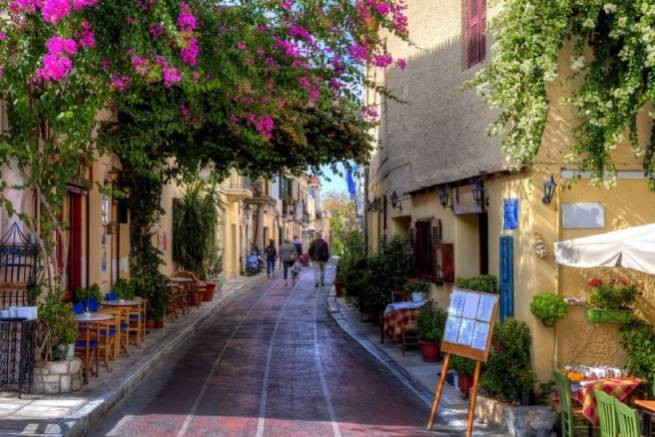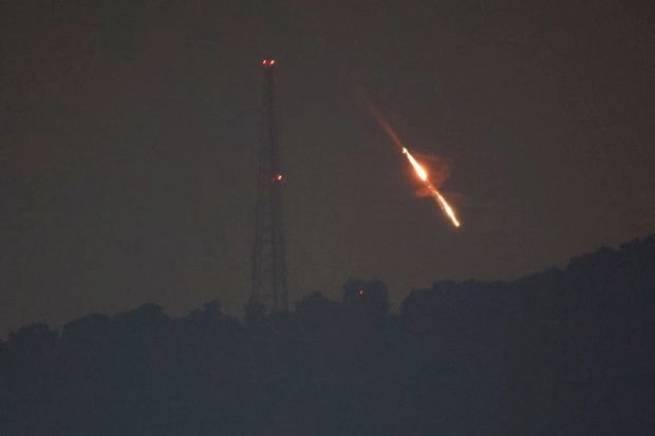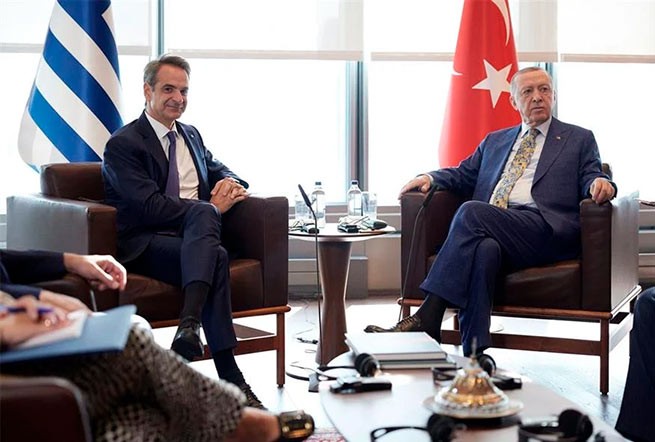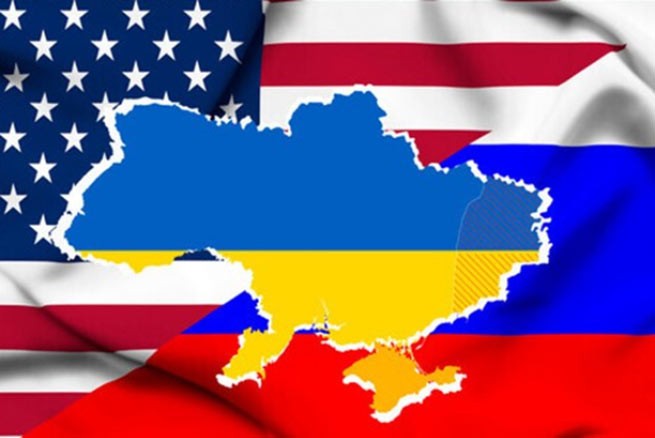Some believe that Georgia is too soft on the war in Ukraine. This attitude offends Ukrainians and causes criticism among their own population.
Official Tbilisi replies that it is guided by the interests of the country, writes DW. And it seems that among the South Caucasian countries, Georgia most sympathizes with Ukraine, but Kyiv expected baboutmore support. Taking into account rather tense Georgian-Russian relations.
Unlike Armenia and Azerbaijan, for which Russia acts as a partner and ally against the backdrop of the settlement of the Karabakh conflict, Georgia considers the Russian Federation an “aggressive occupier” that has taken South Ossetia and Abkhazia from it. And the tragic events of the 2008 armed conflict, which Russia also called a special operation, are still too fresh in my memory: “an operation to enforce peace.”
Therefore, Georgian society is sincerely in solidarity with Ukraine: it accepts refugees, sends humanitarian aid, initiated, together with others, investigations into the actions of the Russian Federation in Ukraine at the International Criminal Court in The Hague. But this society, and the government is more cautious in its statements and actions, clearly does not oppose Russia. Take sanctions.
Irakli Garibashvili, Prime Minister of Georgia, opposes joining the anti-Russian sanctions, explaining this by his unwillingness to put his country “at risk”. And then there’s Russia, all of a sudden lifted previously imposed sanctions on dairy products from Georgia, although the Georgian Ministry of Agriculture says that the application was filed back in 2020.
Ukraine is disappointed. Ruslan Stefanchuk, chairman of the Verkhovna Rada, reproachfully says:
“Is this (the lifting of sanctions) by any chance not gratitude for the fact that official Tbilisi does not want to fully support Ukraine? Is the lifting of restrictions on Georgia’s 15 dairy companies worth our thousand-year friendship, our many years of joint struggle, our mutual aspirations?”
This was far from the only claim of Ukraine against Georgia, and at the end of March, Volodymyr Zelensky decided to recall the Ukrainian ambassador from Tbilisi. However, it soon became known that Georgia had joined the sanctions, as President Salome Zurabishvili announced on CNN. That is, Georgia did not impose its own sanctions against the Russian Federation, but partially supported international ones.
After the start of the war in Ukraine, Georgian activists, wanting to “shame” the government, took to the protests. But Prime Minister Garibashvili steadfastly holds on to his position:
“We want peace, stability and development. Any patriotic ruler should do everything to avoid war.”
This position is surprising Paat Zakareishvili, conflictologist, former Minister for Reintegration of Georgia:
“Georgia voted for the adoption of all international anti-Russian resolutions. But in their statements, our authorities are careful, as if they do not want to irritate Russia. I do not understand why.”
He does not understand not only this. For example, why does the Georgian government not remind the world about the problem of Abkhazia and South Ossetia:
“It was with the war of 2008 that Putin’s occupation policy began. The authorities have always and everywhere talked about this, but now for some reason they have become silent.”
Zviad Koridze, a well-known journalist and media expert, former chairman of the pardon commission, teacher at the Caucasus Media School, assesses the behavior of the Georgian Dream (the ruling political party of Georgia from 2012 to the present, founded on May 7, 2012 by businessman Bidzina Ivanishvili) as caution and responsibility to the people, but on the contrary, he calls it irresponsibility and fear:
“But the government should not be afraid. It should assess the risks and develop concrete preventive mechanisms.”
According to Koridze, the main such mechanism is precisely joining the Western anti-war coalition. Not excluding the possibility of an attack by Russia (under any formal pretext), the expert believes that only an alliance with the West can help Georgia in this case.
Since the first day of the invasion of Ukraine, fears that Russia might again attack Georgia have haunted a significant part of Georgian society. But even this does not justify the behavior of the government in their eyes. Writer Tinatin Mzhavanadze says:
“I’m not a hothead, I have children, and I’m terribly afraid of war. But it would be terrible to get into an alliance with Russia and Belarus, this is a red line beyond which you lose face, trust, partners and friends.”
Not all experts are so critical. For example, political scientist Archil Sikhraulidze, a lecturer at Tbilisi State University, believes that “there is logic in the position of the Georgian Dream”:
“The West is not ready now to either defend or fight for Georgia and Ukraine. These countries are forced to stand up for themselves. If the Georgian Dream joined all the sanctions, it would hit the country’s population very hard.”
In the meantime, the second round of the presidential elections will be held in South Ossetia, and the incumbent President Anatoly Bibilov is going, in case of his victory, to hold a referendum on joining the Russian Federation.
For Georgia, this would be a very painful blow, but, according to Georgian experts, there is nothing to worry about. Firstly, it is not at all a fact that Bibilov will be re-elected (the second round of elections will be held on April 28). And secondly, except for himself, the idea of such a hasty and untimely accession does not arouse enthusiasm among anyone, including Russia.
Meanwhile, a series of quarrels and reconciliations continues in Georgian-Ukrainian relations. The last conflict situation was the refusal of the chairman of the Georgian parliament to visit Ukraine, where he was invited by Ruslan Stefanchuk. But on April 16, the Georgian parliamentary delegation nevertheless went to Kyiv. At the meeting of the parliamentarians of the two countries, in particular, it was agreed that Georgia would not become a “black hole” for Russia to circumvent international sanctions, writes Deutsche Welle.






More Stories
American ATACMS missiles destroyed parts of S-400 and S-300 batteries in Crimea
Johnson's bill unveiled: send Ukraine $61 billion and ATACMS
US response to the “MONOLITH” command: B-52H strategic bombers are “loaded” with thermonuclear charges (video)